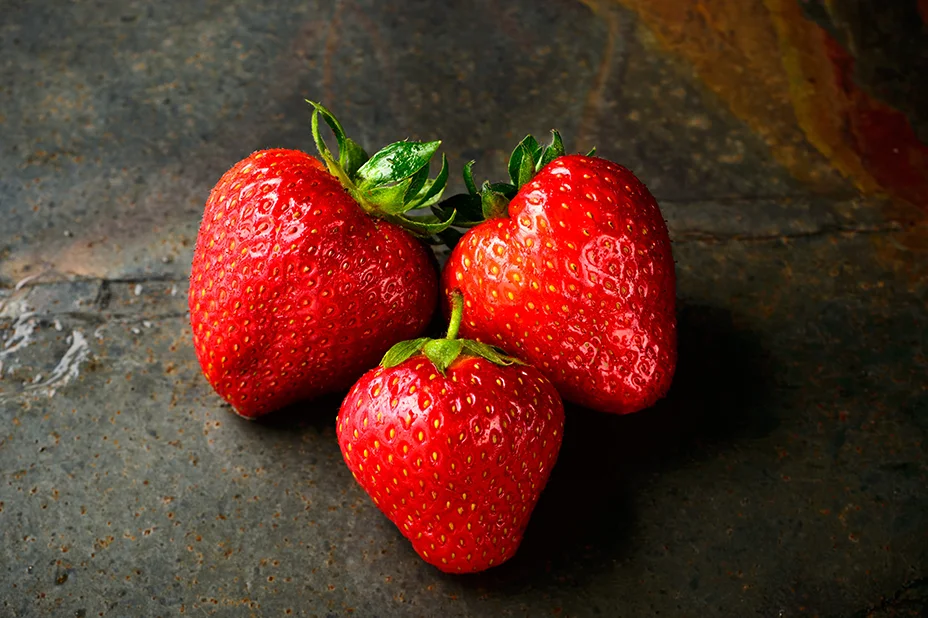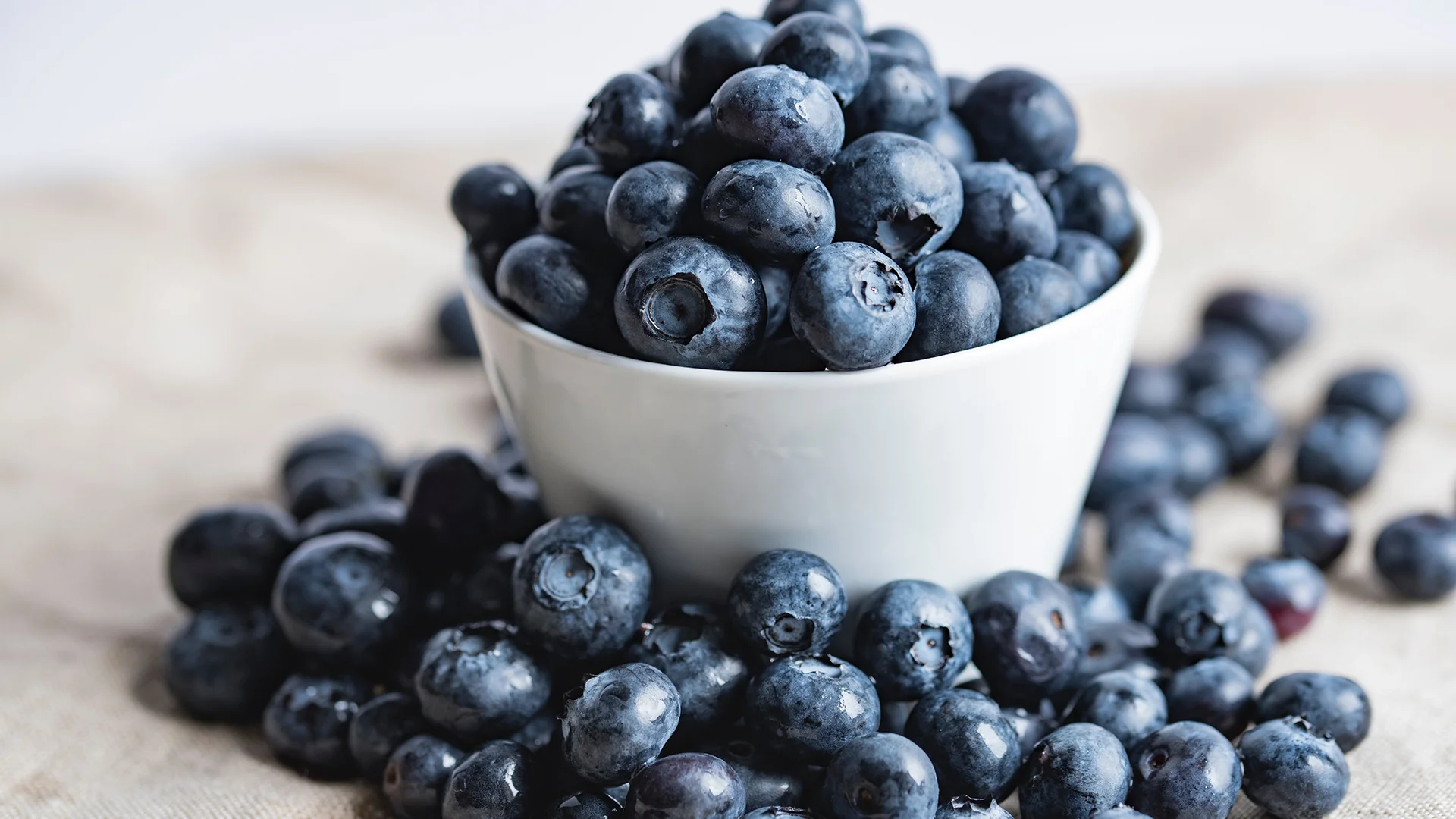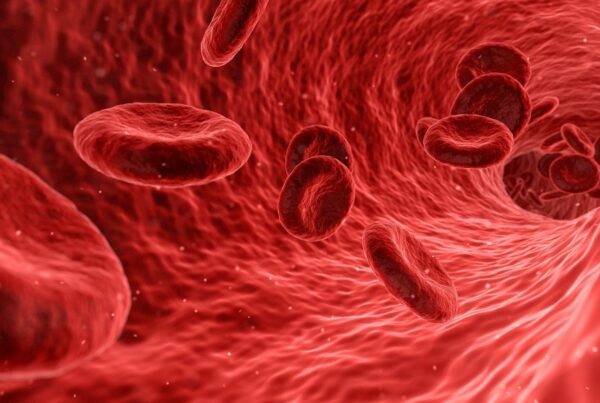In the realm of fresh produce, there’s a critical list that every health-conscious consumer should be aware of: The Dirty Dozen. This phrase refers to a group of fruits and vegetables that are notorious for having high levels of pesticide residue. Updated annually by the Environmental Working Group (EWG), the Dirty Dozen list serves as a crucial guide for those striving to make safer and healthier food choices.
Understanding the Dirty Dozen
The Dirty Dozen list is part of the EWG’s Shopper’s Guide to Pesticides in Produce™. It’s compiled based on extensive analysis of the U.S. Department of Agriculture’s Pesticide Data Program report. The fruits and vegetables on this list are tested for pesticides after they have been prepared to be eaten. This means they are washed and, when applicable, peeled. Despite this, the produce on the Dirty Dozen list still shows high levels of pesticide residue. You can view the full list HERE.
Why Clean Your Produce?
Pesticides are used in conventional agriculture to protect crops from insects, fungi, and other pests, but their residues on fruits and vegetables can be a concern for human health. Some pesticides have been linked to a range of health issues, including hormone disruption, neurological problems, and even cancer. Thoroughly washing your produce can help reduce the amount of these chemicals, but it doesn’t remove them completely.

Choosing Organic
One effective way to reduce your exposure to these harmful pesticides is by opting for organic produce. Organic farming standards prohibit the use of synthetic pesticides, among other things, which means organic fruits and vegetables typically have lower pesticide residues. While organic produce can be more expensive, investing in your health by choosing organic, especially for the items on the Dirty Dozen list, can be a wise decision.
Additional Tips for Eating Clean Produce
Wash Thoroughly: Washing your fruits and vegetables under running water helps remove pesticide residues. Use a brush for produce with hard surfaces, like apples or potatoes.
Peel When Necessary: While peeling can reduce pesticide residues, it also strips away beneficial nutrients. So, peel selectively.
Diversify Your Diet: Eating a variety of fruits and vegetables can help minimize the risk of consuming high levels of pesticides from a single source.
Consider Local and Seasonal Produce: Locally grown produce might have fewer pesticides. Also, seasonal produce tends to be fresher with potentially fewer chemicals.
Stay Informed: Keep an eye on the EWG’s annual updates to the Dirty Dozen list and adjust your shopping habits accordingly.
In conclusion, while it is important to consume a healthy amount of fruits and vegetables, being mindful of the Dirty Dozen and the potential pesticide residue on produce is vital. By taking steps like washing produce, choosing organic when feasible, and staying informed about the EWG’s updates, consumers can enjoy the health benefits of fresh produce while minimizing their exposure to harmful pesticides. Remember, making small changes in how we select and prepare our food can have significant impacts on our overall health.
As you navigate the journey towards a healthier lifestyle, understanding the impact of your food choices is just the beginning. If you’re looking to take control of your health and well-being, Immersion Health invites you to explore a new path. Our comprehensive approach goes beyond just advising on clean eating and tackles your health concerns holistically. Visit the Immersion Health Services page and discover the wide array of services we offer. Whether you’re seeking nutritional guidance, personalized health plans, or support in managing chronic conditions, our team of experts is dedicated to helping you achieve your health goals. Embrace a healthier you with Immersion Health – where your wellness journey is our priority. Start transforming your life today!




